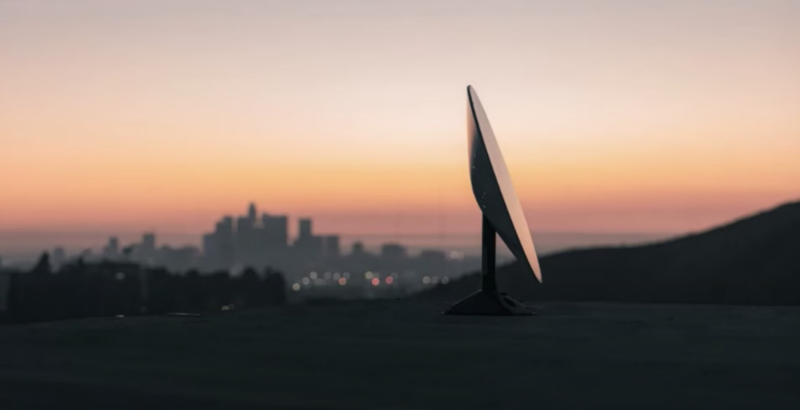Latest News

A Starlink user terminal. Photo: SpaceX
SpaceX is one of the top recipients of funds in the Rural Digital Opportunity Fund (RDOF), the FCC’s reverse auction working to bridge the digital divide, marking a win for its Starlink satellite constellation. SpaceX will receive $885.5 million in support over ten years to connect 642,925 sites in 35 states — more states than any other winning provider.
According to the FCC’s Monday announcement, SpaceX will receive the fourth-highest funding amount after Rural Electric Cooperative Consortium, Charter Communications, and LTD Broadband, all three of which will receive more than $1 billion each.
A total of 180 bidders in the reverse auction won support, to be distributed over the next 10 years. The median award in Phase 1 was $1.6 million. The auction started Oct. 29, and providers placed bids to connect areas unserved by voice and broadband with download speeds of at least 25 Mbps. The FCC gave priority to bids for higher speeds, up to 1 Gbps, and lower latency.
A total of $16 billion in funds was available in Phase 1, but due to the competitive bidding, the FCC said only $9.2 billion was needed. This allows $6.8 billion to roll over to Phase 2, which will offer up to $11.2 billion.
This support marks a win for SpaceX’s Starlink internet constellation, which it is pitching as a direct-to-consumer low latency, high speed internet option to bridge the digital divide, delivered via hundreds of satellites in Low-Earth Orbit (LEO). Starlink is currently in public beta testing. Recently, SpaceX said testers are experiencing speeds of 50 Mbps to 150 Mbps, latency of 20 ms to 40 ms, and some periods of no connectivity. SpaceX plans to expand beta testing in late January or early February 2021.
In addition to SpaceX, which has satellites in LEO, Geostationary (GEO) satellite operators Hughes Network Systems and Viasat were qualified to bid.
Hughes will receive about $1.3 million to connect 3,678 sites in Rhode Island. According to public reporting data, 532,252 Hughes bids are listed as carried-forward to Phase 2.
Viasat did not receive any of its bids. 446,439 Viasat bids listed as carried-forward bids to Phase 2.
Now, operators must submit a project overview of the intended technology and system design for each state in which winning bids were made by Jan. 29, 2021. Companies are in a quiet period until the deadline and were unable to comment further.
FCC Chairman Ajit Pai commented in the news release that the auction was structured to be technologically neutral and to prioritize bids for high-speed, low-latency offerings. “We aimed for maximum leverage of taxpayer dollars and for networks that would meet consumers’ increasing broadband needs, and the results show that our strategy worked. This auction was the single largest step ever taken to bridge the digital divide,” Pai said.
SpaceX received bids to connect the second-highest number of locations at 642,925, second to Charter Communications with 1,057,695 locations.
Pennsylvania was the state that marked SpaceX’s largest award worth $63 million for 59,200 sites.
SpaceX received bids in the following states: Alabama, Arkansas, California, Colorado, Connecticut, Florida, Georgia, Hawaii, Idaho, Illinois, Kentucky, Louisiana, Maine, Maryland, Massachusetts, Michigan, Minnesota, Mississippi, Montana, Nevada, New Hampshire, New Jersey, New Mexico, New York, North Carolina, Oregon, Pennsylvania, South Carolina, Tennessee, Utah, Vermont, Virginia, Washington, West Virginia, and Wyoming.
Stay connected and get ahead with the leading source of industry intel!
Subscribe Now